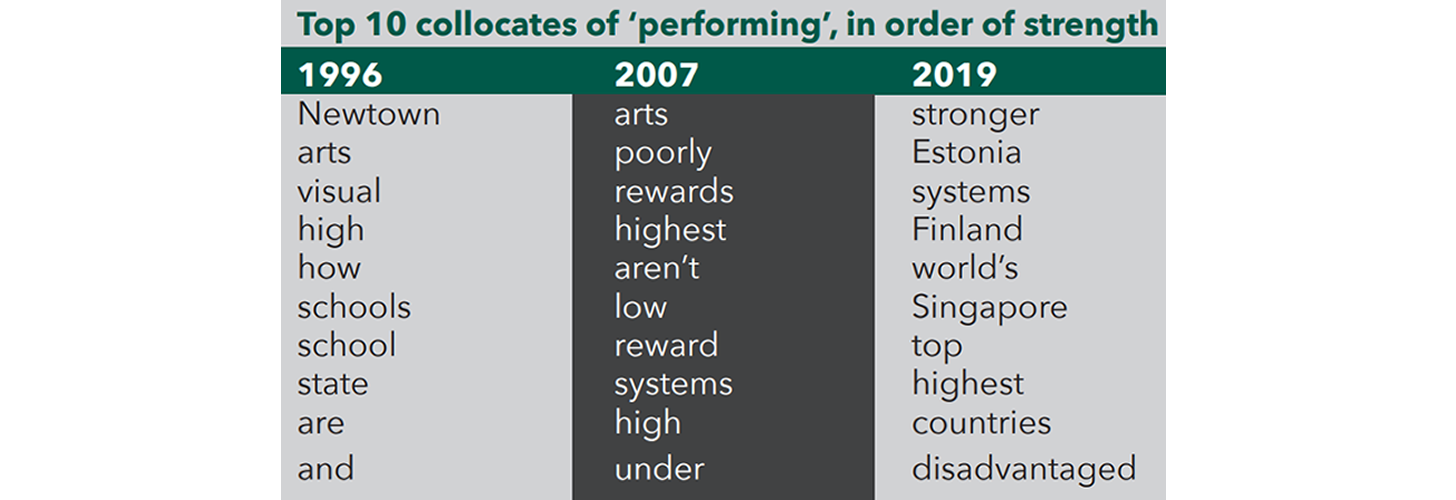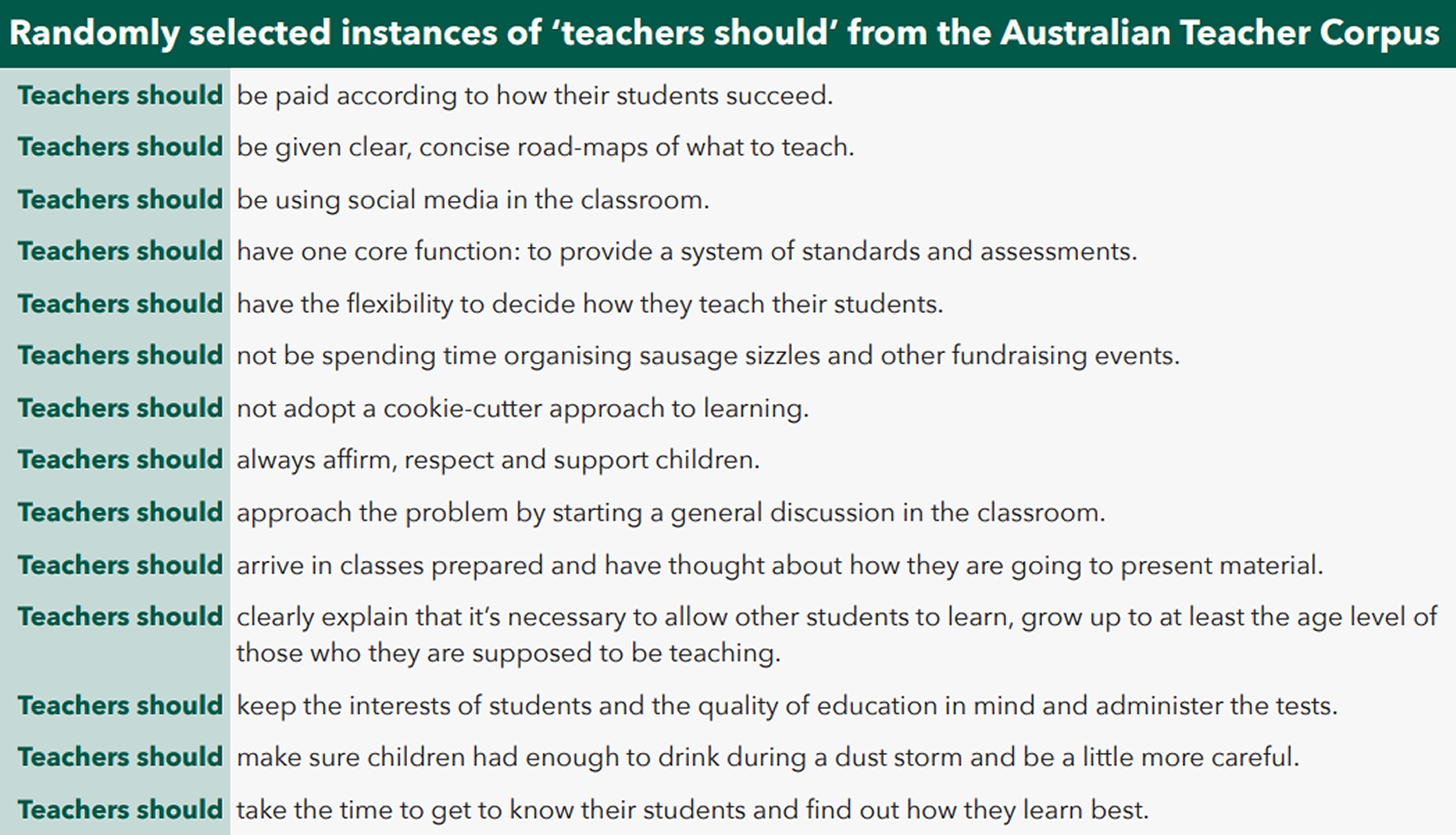Do teachers really get a bad rap in the media? Yes they do, writes Associate Professor Nicole Mockler of the University of Sydney. And she’s done the in-depth research that proves it. She shares it with us here.
Most teachers I know are regularly outraged by depictions of their profession in the media.
Whether it’s disparaging remarks made by politicians; blame for crises both educational and social; or allegations of political bias and indoctrination of students, teachers seem to cop it regularly in the media.
While there are also stories of heroism, often infused with nostalgic recollections of school teachers past, these often serve to underline the point of difference between the ‘heroes’ and the rest of the profession – in an ‘exception proves the rule’ kind of way.
Over the past couple of decades, I’ve focused on representations of teachers in the print media. I have closely analysed small, carefully chosen selections of articles around a specific topic or timeframe to detect patterns and themes.
Small studies such as these can tell us a lot. But what they don’t do is track the large-scale issues and how they rise and fall over time.
Big picture issues
A few years ago, I set my sights on a larger study that would allow me to do that. I collected every article published in Australia’s 12 capital city and national daily newspapers from 1996 to 2020 that used the word ‘teacher’ and/or ‘teachers’ three times or more.
There are more than 65,000 articles and 45 million words in what I call the Australian Teacher Corpus (ATC) – that’s about 50 articles a week, every week, for 25 years.
I examined patterns and change over time using a combination of techniques, including quantitative methods from linguistics; close analysis of concordance lines (where words are displayed in their context); and ‘prototypical texts’ identified using statistical analysis.
Media coverage of teachers hit a peak in 2008, with 4007 articles (more than 77 a week). In 2008, readers of Victoria’s The Age alone encountered 11 articles a week about teachers. Readers of The Australian in the same year encountered an average of nine articles about teachers per week – one or two each day.
Excessive focus on teachers
Media stories about teachers are a constant in Australian newspapers. Using the same search parameters for accountants, public servants, nurses, lawyers and doctors in the equivalent number of articles over the same 25 years, I found that teachers came out on top.
There was more than twice the volume of articles about teachers than nurses, the profession to which teachers are most often compared.
Three important words
I want to focus here on three words, prominent in different ways in the ATC, that provide good examples of how teachers are talked about in the public space. The three words are: performing; should; and quality.
Performing: Media discussions of teachers and their work have increasingly been linked to regimes of accountability. ‘Performing’ was a keyword in every year of the ATC from 2007 to 2019 inclusive.
In this kind of analysis, a keyword is one used more frequently (in a statistically significant sense) in one group of texts than in another. To come up with this analysis I compared the ATC to a massive collection of general Australian news media texts (Davies, 2016).
In 1996, the top 10 collocates, or words used most frequently (again in a statistically significant sense) around ‘performing’ were mostly related to the performing arts. In 2007, the first year when ‘performing’ was a keyword, it was mostly related to ‘high performing’ and ‘poorly performing’ schools – and school systems had started to creep in.
By 2019, the arts sector was no longer in the top 10. By 2019 performing was exclusively related to international standardised tests, complete with a nod to the ‘reference societies’ (Sellar & Lingard, 2013) with which Australia likes to compare itself, such as Estonia, Finland and Singapore.




































































































































